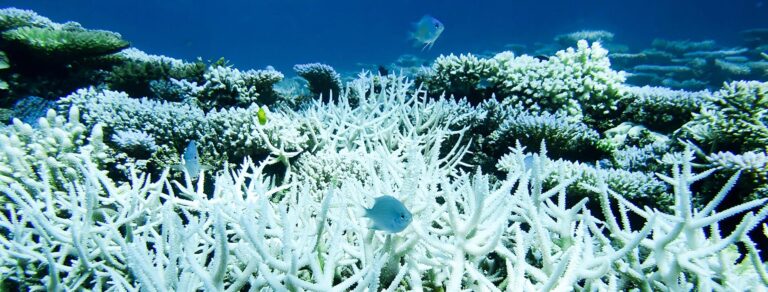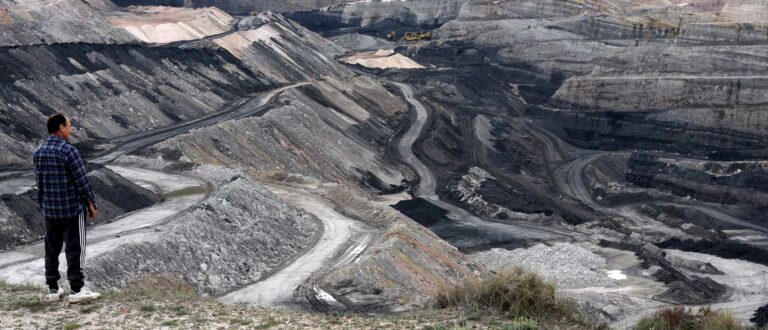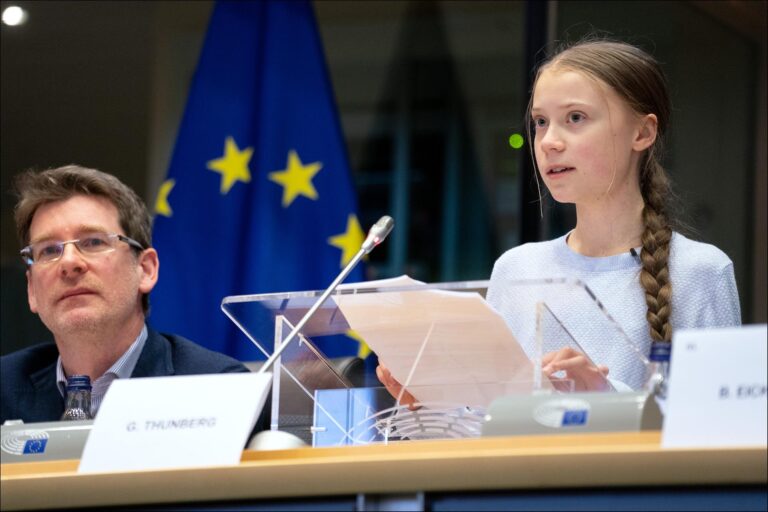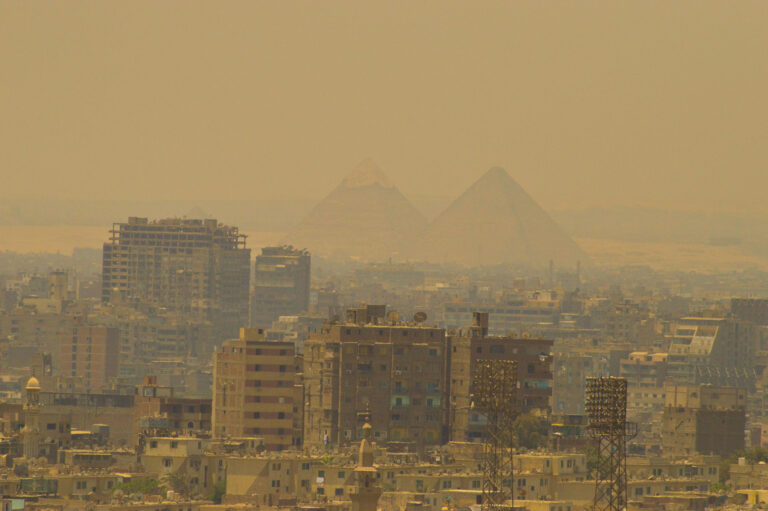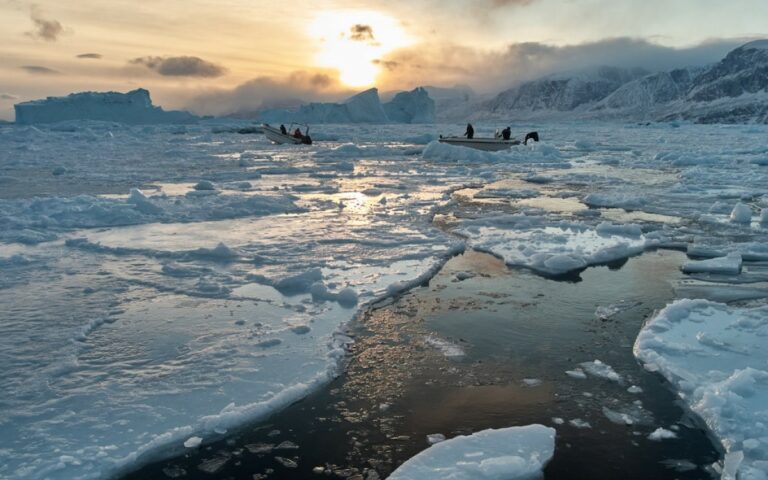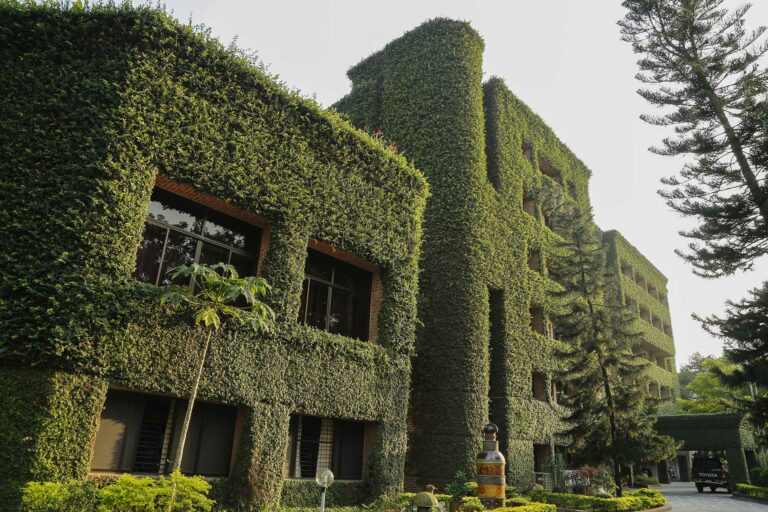Ocean acidification is a symptom of humanity’s dangerous addiction to fossil fuels.
The exercise of the right to freedom of assembly and peacefully protest is one of the most important tools people have for advocating for more effective and equitable climate action and environmental protection.
Article 21 of the ICCPR protects the right to freedom of assembly. As with freedom of expression, restrictions must (1) be “provided by law”; (2) be imposed for the purpose of safeguarding respect for the rights or reputations of others, or the protection of national security or of public order (ordre public), or of public health or morals; and (3) be “necessary in a democratic society” to achieve that goal.
Successive UN special procedures (experts appointed by the UN on particular subjects) have clarified the scope of the right in reports to the UN General Assembly. While these comments constitute soft law, they help establish norms in demonstrating states’ obligations to protect the right. Among the standards they have articulated are the following:
- Freedom of assembly is to be considered the rule, and its restriction the exception.”
- No one should be held criminally liable for the mere act of organizing or participating in a peaceful assembly.
- The government has an obligation to facilitate peaceful assemblies “within sight and sound” of their intended target. Where the government seeks to impose restrictions on the time, place, or manner of an assembly, the government bears the burden of justifying those restrictions, and the law should provide an avenue for review of the decision.
- Time, place, and manner restrictions should never be used to undermine the message or expressive value of an assembly or to dissuade the exercise of the right to freedom of assembly.
- Dispersal of assemblies should be a measure of last resort and should not occur unless law enforcement officials have taken all reasonable measures to facilitate and protect the assembly from harm (including by, for example, quieting hostile onlookers who threaten violence) and unless there is an imminent threat of violence.
Photo Credit: Protestors assemble for climate justice in South Africa. Photo by Speak Your Mind / Julian Koschorke (CC BY-NC 2.0).
More reading...
The right to participate in public affairs in combatting climate change is critical.
The Paris Agreement states that: Parties shall cooperate in taking measures, as appropriate,...Read More
Cultural destruction is a less well-recognized form of climate-induced loss and damage and...Read More
The Green Climate Fund (GCF) is a multilaterally-funded financial mechanism created in 2010...Read More

